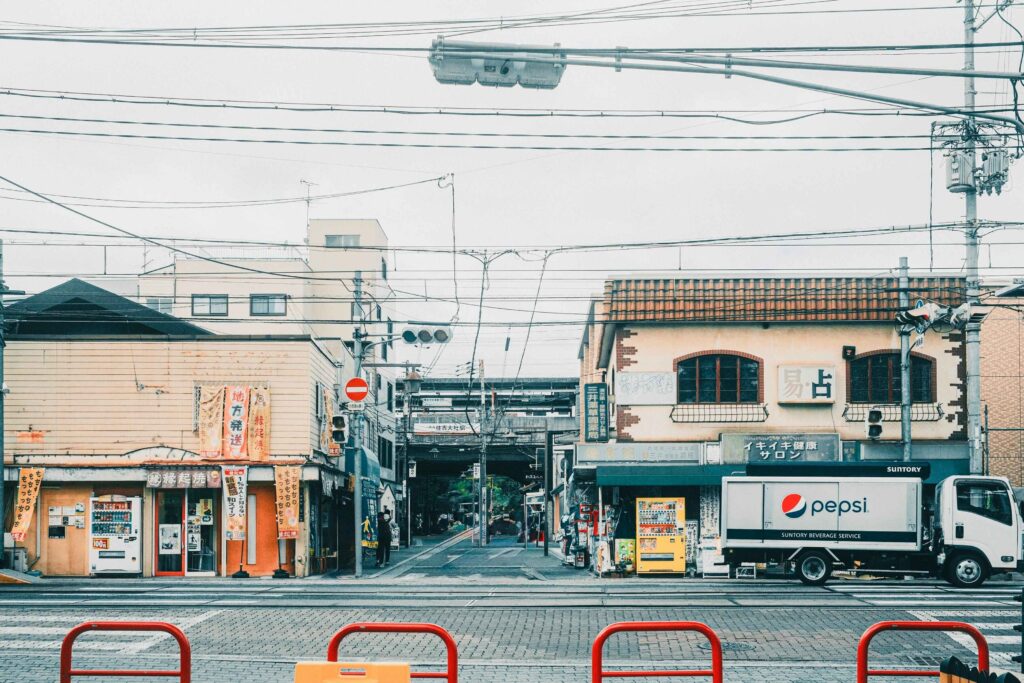As we step into 2025, the Japan Real Estate market continues to present a dynamic landscape for investors and homebuyers alike. This year promises to bring a blend of stability and growth, driven by various factors including demographic shifts, technological advancements, and ongoing urban redevelopment. Here, we delve into the key trends and opportunities that will shape the Japanese property market in 2025.
Market Trends and Projections in Japan Real Estate Market in 2025
The Japanese real estate market is expected to maintain its appeal, with Tokyo leading the charge. Property prices in Tokyo are projected to increase by 5-6% annually in 2025, a slight deceleration from the 8% rise seen in 2024. This moderated growth reflects a maturing market influenced by global economic factors.
Key Market Segments:
- Newly Built Condominiums: Anticipated to see a 5% annual price increase in Tokyo’s 23 wards.
- Luxury Properties: High-end properties priced over 60 million yen are forecasted to rise by 6-7% in value.
Factors Influencing Market Trends
Several factors are expected to influence the market trends in Japan Real Estate Market 2025::
- Global Economic Factors: Broader economic influences are contributing to the slight deceleration in growth rates.
- Supply Constraints: A projected decrease in new housing developments is likely to support price growth.
- Urban Development: Ongoing urbanization and infrastructure improvements in popular areas continue to drive demand.
- Foreign Investment: Japan remains a significant destination for foreign property buyers, second only to Thailand in Asia.
Investment Opportunities in Japan Real Estate Market 2025
Japan’s real estate market offers numerous opportunities for strategic investment. The growing number of residential and commercial properties, along with rising international investment trends, are propelling the market across the country. Key areas of interest include:
- Senior Housing: With Japan’s aging population, there is an increasing demand for senior housing and healthcare facilities.
- Urban Regeneration Projects: Initiatives to revitalize historic districts and convert old warehouses into luxurious residences are gaining traction.


Regional Insights
While Tokyo remains the focal point, other regions in Japan are also witnessing significant real estate activities. Cities like Osaka, Yokohama, and Fukuoka are emerging as attractive alternatives for both investors and homebuyers.
Osaka:
- Known for its vibrant culture and economic significance, Osaka’s real estate market is thriving. The city is seeing a surge in demand for both residential and commercial properties, driven by its robust economy and strategic location.
Yokohama:
- As Japan’s second-largest city, Yokohama offers a blend of urban convenience and suburban tranquility. The city’s waterfront developments and proximity to Tokyo make it a desirable location for families and professionals.
Fukuoka:
- Fukuoka is gaining popularity due to its affordable property prices and high quality of life. The city’s strategic initiatives to attract businesses and talent are contributing to its growing real estate market.
Technological Advancements
Technology is playing a pivotal role in transforming the real estate market in Japan. From smart homes to virtual property tours, technological innovations are enhancing the buying and selling experience.
Smart Homes:
- The demand for smart homes equipped with advanced technologies such as IoT devices, energy-efficient systems, and automated controls is on the rise. These homes offer convenience, security, and sustainability, making them highly attractive to modern buyers.
Virtual Property Tours:
- Virtual reality (VR) and augmented reality (AR) are revolutionizing property viewings. Potential buyers can now explore properties remotely, saving time and enhancing the decision-making process. This technology is particularly beneficial for international buyers who cannot visit properties in person.
Check out our latest posts:
- Japanese Real Estate for Foreign Investors
- Japan Real Estate Market in 2025: Trends and Insights
- Condominium Yield: Effect of Purchase Price of property in Japan
- A Comprehensive Guide to Buying Property in Japan
- Purchase and Disposal of Furniture and Appliances in Japan
Sustainable Living
Sustainability is becoming a key consideration for buyers in Japan. Eco-friendly homes and green building practices are gaining traction as more people prioritize environmental responsibility.
Eco-Friendly Homes:
- Homes designed with sustainable materials, energy-efficient appliances, and renewable energy sources are in high demand. These properties not only reduce environmental impact but also offer long-term cost savings for homeowners.
Green Neighborhoods:
- Developments that incorporate green spaces, community gardens, and sustainable infrastructure are attracting environmentally conscious buyers. These neighborhoods promote a healthier lifestyle and foster a sense of community.


Government Policies and Initiatives
The Japanese government is actively supporting the real estate market through various policies and initiatives aimed at promoting growth and stability.
Housing Policies:
- Government policies focused on increasing housing supply, improving affordability, and supporting first-time buyers are contributing to a more balanced market. Incentives such as tax breaks and subsidies are encouraging homeownership and investment.
Urban Redevelopment:
- Urban redevelopment projects are transforming old and underutilized areas into vibrant communities. These initiatives are enhancing the appeal of cities and creating new opportunities for real estate development.
Challenges and Considerations Japan Real Estate Market in 2025
While the Japan real estate market offers numerous opportunities, there are also challenges that buyers and investors need to consider.
Aging Population:
- Japan’s aging population presents both opportunities and challenges for the real estate market. While there is a growing demand for senior housing, the shrinking workforce could impact economic growth and housing demand in the long term.
Natural Disasters:
- Japan is prone to natural disasters such as earthquakes and typhoons. Buyers and investors need to consider the risks associated with these events and ensure that properties are built to withstand such challenges.
Regulatory Environment:
- Navigating the regulatory environment in Japan can be complex, especially for foreign buyers. Understanding the legal requirements and working with experienced professionals is crucial to ensure a smooth transaction.


Conclusion
The Japan Real Estate market in 2025 is poised for steady growth, offering a range of opportunities for investors and homebuyers. Whether you’re looking to invest in newly built condominiums, luxury properties, or senior housing, the market’s stability and potential for strategic investment make it a compelling choice.
By staying informed about market trends, leveraging technological advancements, and considering sustainability, buyers and investors can make well-informed decisions that align with their goals. As the market continues to evolve, staying ahead of the curve will be key to capitalizing on the opportunities that the Japan real estate market has to offer.
Stay tuned for more updates and insights as we continue to monitor the trends and developments shaping the future of Japanese real estate.
For more detailed insights, you can refer to the following sources:


